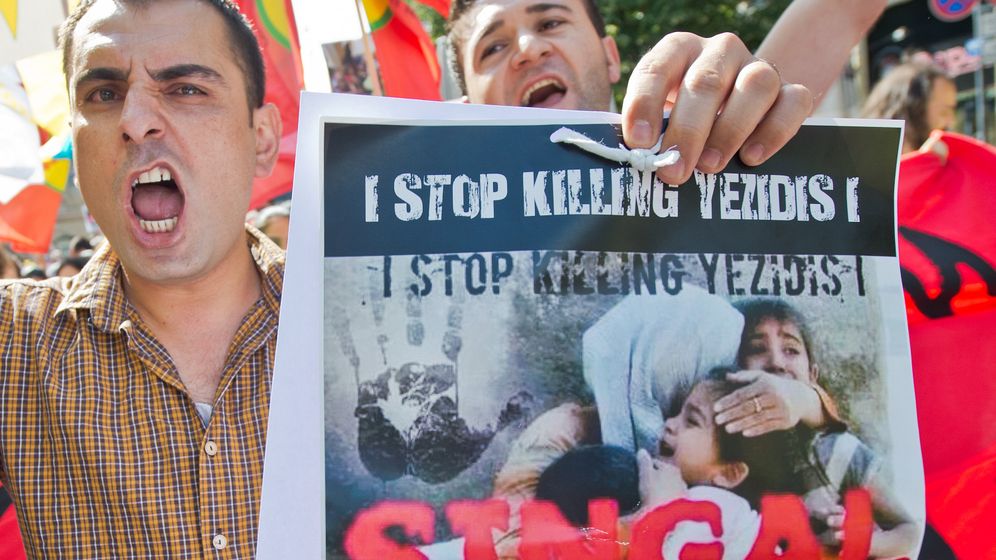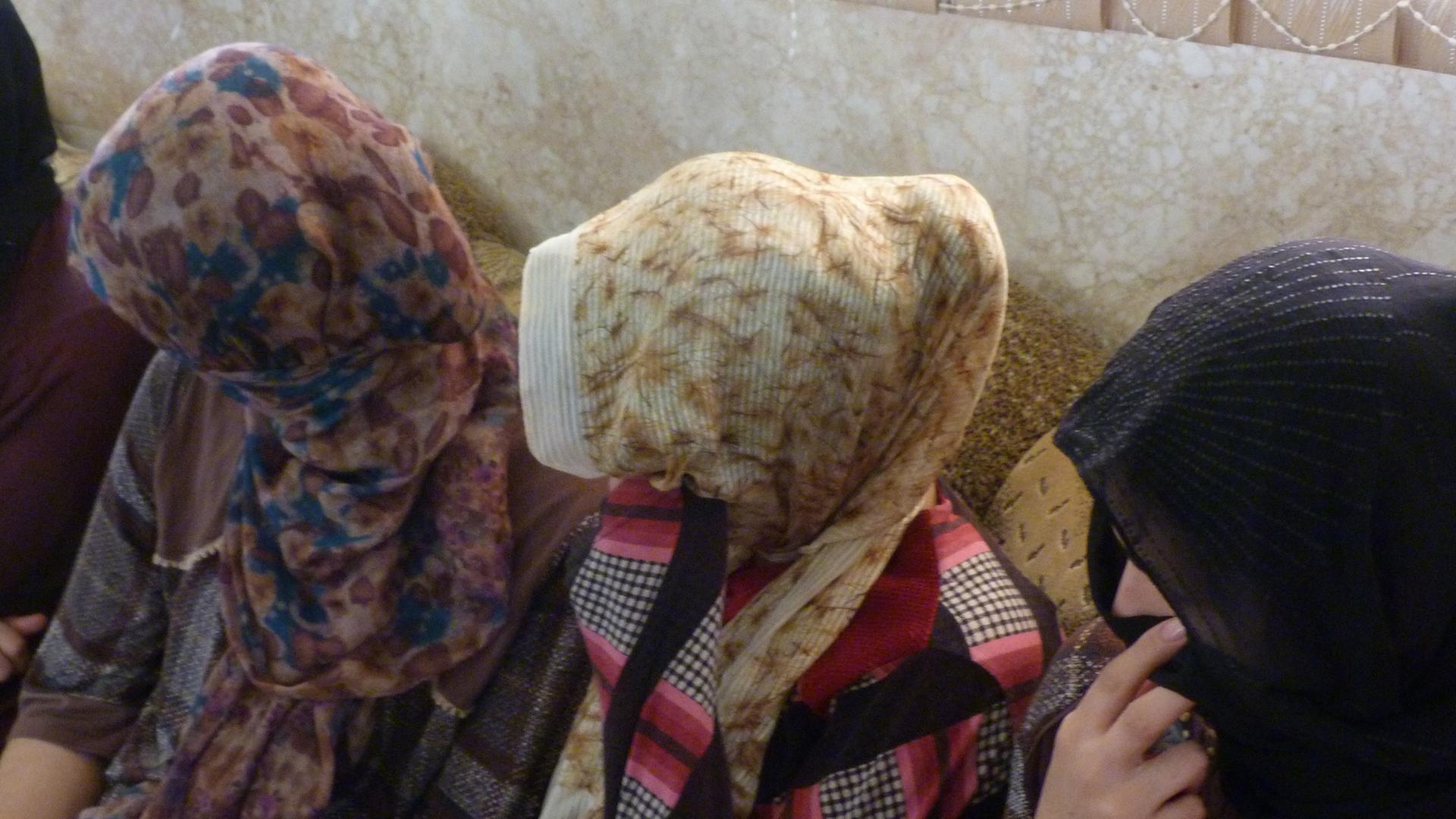The Yazidi community has faced tremendous challenges in recent years, including persecution, violence, and displacement. However, despite these difficulties, Yazidis are working to rebuild their communities and seek justice for the crimes committed against them.
Following the 2014 ISIS attacks on the Sinjar region of Iraq, which targeted Yazidi civilians and resulted in thousands of deaths and abductions, many Yazidis were forced to flee their homes and seek refuge in camps and other temporary shelters.
Since then, efforts have been made to provide support and assistance to Yazidi refugees and internally displaced persons (IDPs), including through the provision of food, shelter, and healthcare. However, many Yazidis continue to face significant challenges in accessing basic services and resources, and the ongoing COVID-19 pandemic has further exacerbated these difficulties.

Despite these challenges, Yazidis are working to rebuild their communities and create a better future for themselves and their children. Many have formed advocacy groups and non-governmental organizations (NGOs) to promote human rights and seek justice for the crimes committed against them.
Efforts are also underway to document and preserve Yazidi culture and heritage, including through the establishment of museums and cultural centers. These initiatives are important for ensuring that the Yazidi community's unique cultural identity and history are not lost or forgotten.

In addition, Yazidis are working to promote greater understanding and acceptance of their community, both within Iraq and around the world. This includes efforts to counter misinformation and stereotypes about Yazidis and to promote interfaith dialogue and cooperation.
However, much more work needs to be done to support the
Jesiden community and ensure that justice is served for the crimes committed against them. This includes holding perpetrators accountable for their actions and providing reparations and support to survivors and their families.
By supporting the Yazidi community in these efforts, we can help to promote greater justice, peace, and understanding in the world, and honor the resilience and strength of those who have faced unimaginable difficulties and challenges.